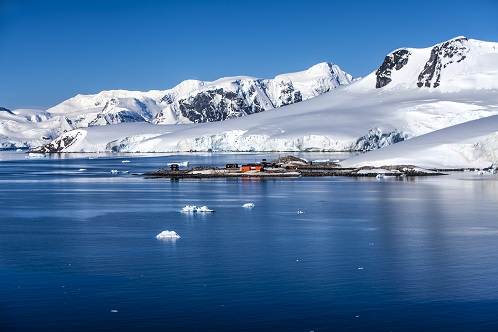Arctic station network boosts climate change research

Related topics
Environment & climate action Innovation Research Infrastructures European Research infrastructures, incl. e-infrastructures Denmark Finland Germany Greece Italy Sweden United Kingdom Iceland Environment Canada Russian Federation Greenland Faroe Islands United States of Americadate: 05/04/2016
Project: International Network for Terrestrial Re...
acronym: INTERACT
See also: CORDIS
As of the start of 2016, the network’s membership had grown to 77 research stations from 17 countries. Altogether, the network hosts about 5 000 researchers each year. Some 540 researchers from 19 countries have conducted research at one or more of the network’s stations through INTERACT.
“The network provides opportunities for researchers to work in the field in often harsh and remote locations that are generally difficult to access,” says project coordinator Terry Callaghan of Kungliga Vetenskapsakademien in Sweden. “In return, the input from new researchers will lead to cross fertilisation, comparative measurements at different locations and the development of new research programmes.”
New research under-pinned by INTERACT includes the further development of AbiskoGIS, software which helps scientists organise data captured from research stations in a common format.
“Improved data accessibility combined with increased knowledge feed directly into major regional and global environmental assessments that inform and influence policymakers to improve the well-being of local communities and communities everywhere,” says Callaghan. “As the Arctic is changing faster than anywhere else on Earth, Arctic science has had a major impact on the international climate change agreements reached so far.”
Another achievement is the development of common methodology and equipment that standardise the measurement of energy transfers from Arctic land surfaces and their effect on the global climate. A dedicated database set up through INTERACT to capture the information generated by the network’s stations is improving understanding of climate change, Callaghan adds.
INTERACT has also created a catalogue of research stations. It lists resources available and their various research and monitoring programmes. The station catalogue is being expanded through a co-production with other organisations to include all European Arctic and Antarctic research stations, ships and aircraft. Another INTERACT guide sets out the best management practices for research stations shared and updated during station managers’ regular network meetings.
The project has also produced a free book of 52 stories demonstrating the multidisciplinary research conducted in the field for use by educators. A video course based on the book has so far attracted over 1 000 students from around the world.
